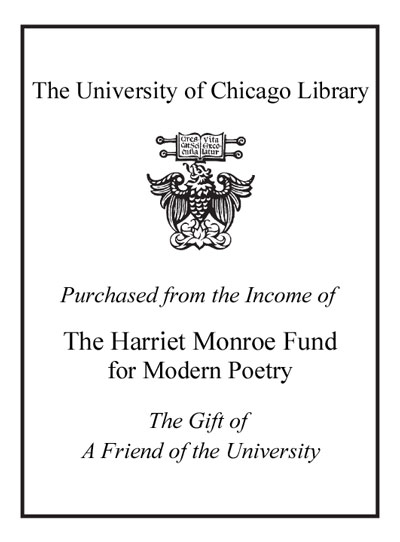Review by Choice Review
Goering (history, Univ. of Toronto) offers a tantalizing premise: he links the origin of the Grail legends with religious images that appeared in the Spanish Pyrenees 50 years before Chretien de Troyes wrote his tales. The author devotes the first part of his study to the traditional sources: Chretien, Wolfram von Eschenbach, and Robert de Boron. He traces their development of the "grail" from a mysterious platter to a Eucharistic symbol. In part 2, Goering describes several images of the Virgin Mary holding a radiant bowl, called a "grail" in the local dialect. His suggestion that these images may intersect with Chretien's inspiration for the story of Percival is a historical tour de force that raises both possibilities and doubts. Though many questions remain unanswered, Goering's presentation of the roots and meaning of the familiar medieval story is both captivating and well documented. Detailed notes and a helpful index will satisfy the scholar, and Goering's appealing prose style will engage the casual reader of the Arthurian tradition. ^BSumming Up: Highly recommended. Lower-division undergraduates through faculty; general readers. M. H. Kealy Immaculata University
Copyright American Library Association, used with permission.
Review by Choice Review

